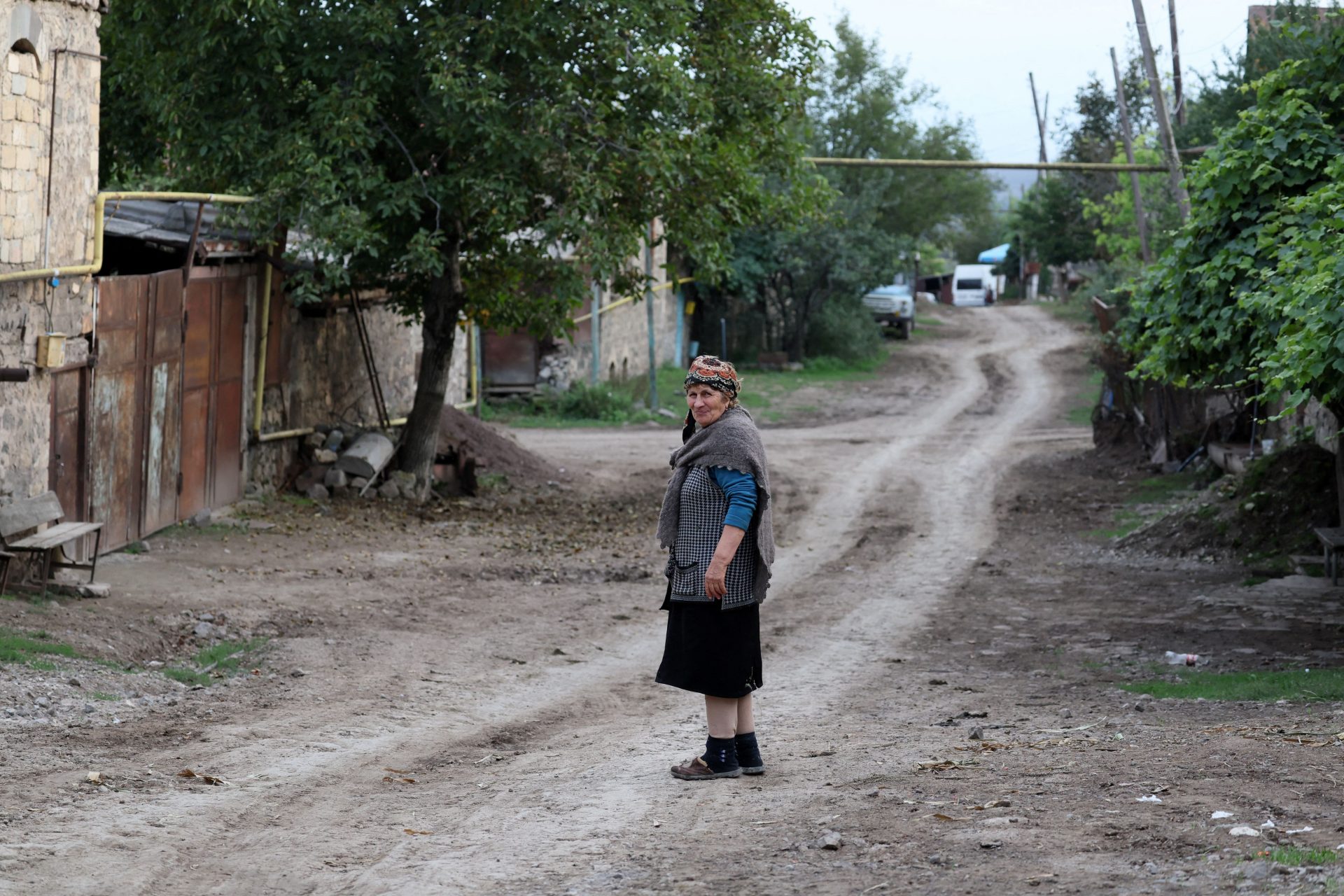In 2100, humans will live much longer than expected
In 2023, global life expectancy is 70.8 years for men and 76 years for women, averaging 73.4 years worldwide.
To put this into context, in 1850, which is not that long ago, global life expectancy was 42 years. In other words, in less than two centuries we have almost doubled this figure.
Furthermore, it is increasingly common for humans to reach and exceed 80 years of age, in some cases reaching up to 90 years of age and beyond.
To date, the longest living person in the world is Mbah Gotho, an Indonesian born in 1870 and died in 2017.
Over the 146 years in which he lived, two world wars followed one another, the first plane took flight in history, and the moon landing took place, the Internet was born, and the films the "Wizard of Oz" (1939) and "La La Land" (2016) were released.
Medical advances, improved quality of life, more adequate nutrition and new drugs available are some of the factors that have contributed to this notable increase in life expectancy.
Now that we have understood the situation of the past and present, it is time to look to the future and ask ourselves: how many years will we live in 2100?
A group of researchers from the University of Washington addressed the question in a study published in 2021 by Demographic Research, aimed at calculating how old humans could live to be in 2100.
The conclusions of the research are encouraging, but also decidedly disconcerting: it is estimated that in 2100 99% of humanity will be able to reach the age of 122!
The study also shows that 89% of the population could reach the age of 126 by the end of the 21st century.
Finally, it is estimated that 44% of the population can reach 128 years of age and 13% 130 years of age, beating Mbah Gotho's longevity record.
It should be noted that above a certain age, not revealed by the study, the mortality rate remained unchanged, meaning that at a certain point everyone has the same chance of living one more day.
Photo: Pexels - Huy Phan
Obviously this study is based on hypotheses, but takes into account objective and real data from the International Longevity Database of the Max Planck Institute for Demographic Research.
What is striking about this database is that it contains a register of supercentenarians residing in the United States, Canada, Japan and 10 European countries.
A supercentenarian is an individual who has reached or exceeded 110 years of life. Currently, there are approximately 350-400 supercentenarians in the aforementioned countries, figures which obviously vary constantly.
Therefore the current situation is that, in the space of just under a century, the life expectancy of human beings would go from 73.4 to 122 years. A leap of 50 years which, on the one hand, is good news but, on the other, is quite worrying: under what conditions will we reach this age?
Photo: Pexels - Zhanzat Mamytova
More for you
Top Stories





























